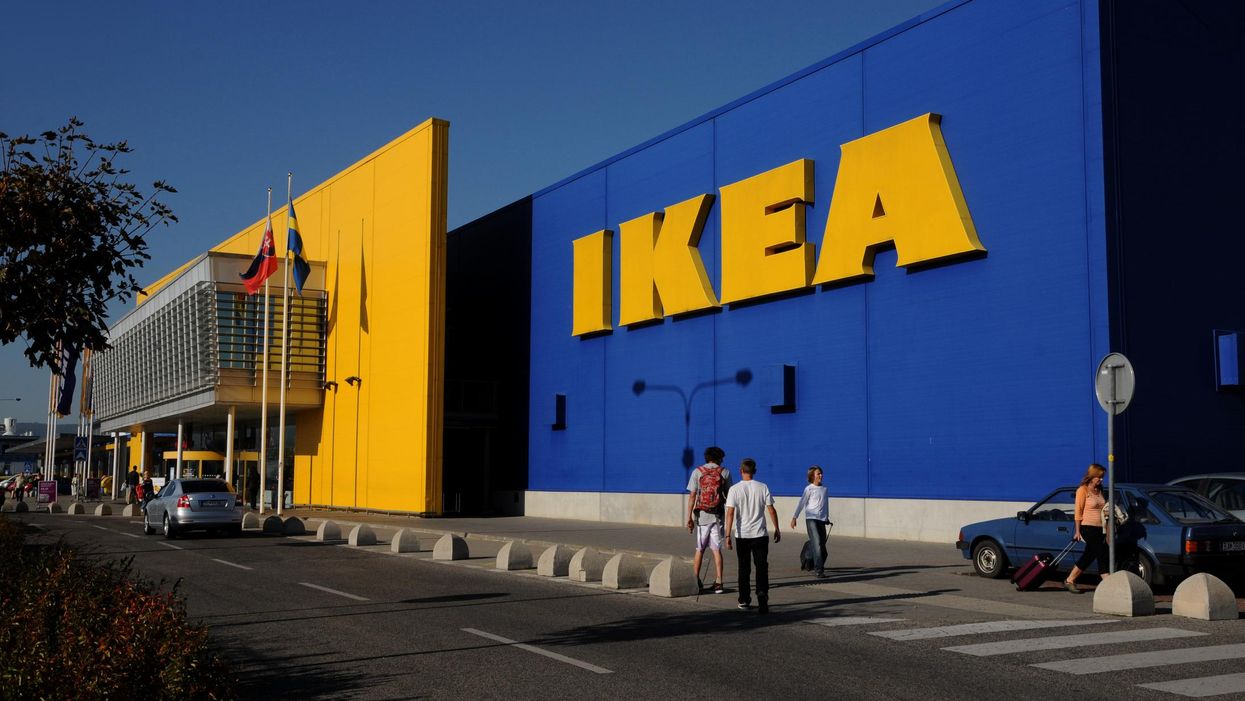IKEA's Prices Are Set To Rise Worldwide Next Year & Here's What You Need To Know
That Malm piece you had your eye on could get pricier soon.💰
You might want to brace yourself for the next time you decide to shop at IKEA because that bookshelf, desk, or whatever other chic home good you're looking for is likely going to cost more in the new year.
IKEA stores across the globe are boosting prices by a worldwide average of 9% due to the increase in costs for raw materials and transport fees, according to Ingka Group. Prices will change in each country due to varying inflation pressures, including "commodity and supply chain issues."
"Unfortunately, now, for the first time since higher costs have begun to affect the global economy, we have to pass parts of those increased costs onto our customers," Retail Operations Manager Tolga Öncü said in the December 30 announcement.
IKEA will likely have higher costs due to "transport and raw material constraints", which are anticipated to carry on far into the new year. Countries in Europe and North America will apparently see the biggest cost increases.
According to Ingka Group, IKEA increased in popularity throughout the course of the pandemic and faced "an unprecedented demand for products" and apparently shipped more IKEA products than ever before.
Part of the reason why consumer demand skyrocketed is, according to Ingka Group, largely because people across the world have "have had to adapt their homes to meet their new realities, optimise space, create functional homes for changing needs, and find a balance between productivity and relaxation."
While products are expected to get more expensive, Ingka Group said it is also working hard to better customer experience, open more stores in the new year, and create faster and more sustainable delivery options.
"We’ll open 30 new customer meeting points in various formats in this financial year, from the traditional stores with the full experience to planning studios and inner city stores with same day delivery," Öncü said.
Aside from hitting major furniture retailers, supply chain woes have also impacted grocery stores across Canada as well as liquor stores like the LCBO in Ontario.
